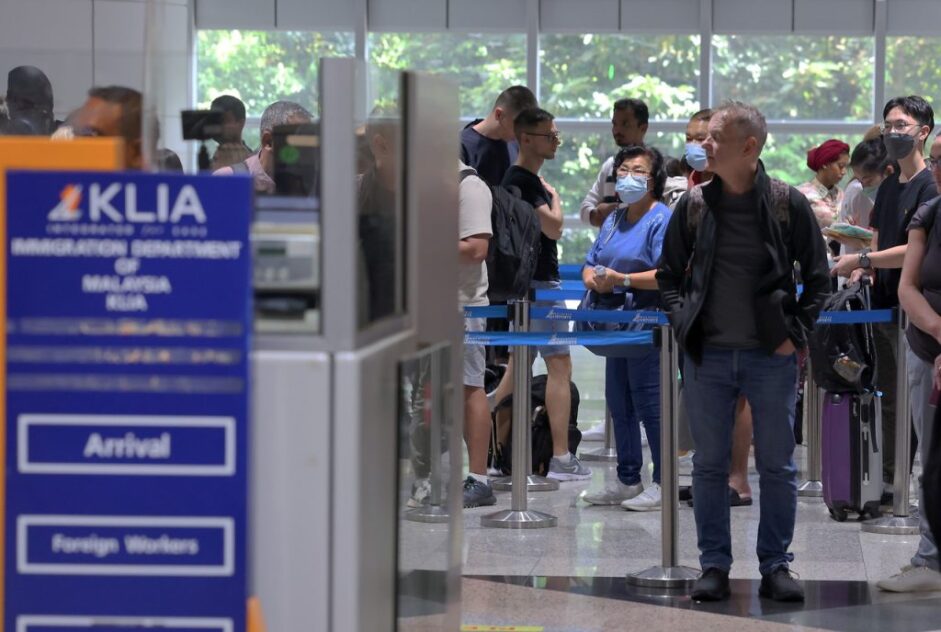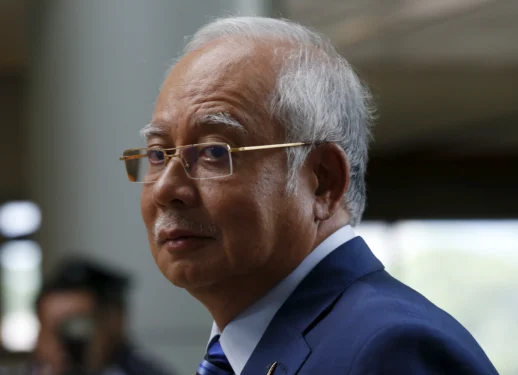MALAYSIA should come up with a state-owned National Healthcare Financing Scheme to integrate the nation’s healthcare system.
Malaysian Pharmaceutical Society president Amrahi Buang said the current silo system of the country’s healthcare must be reformed or transformed to a single integrated system.
By doing so, the Government can pull all resources under one umbrella.
“These include public service budget, Retirement Fund Incorporated (KWAP), Employees Provident Fund (EPF), Social Security Organisation (Socso), zakat (tithe) and wakaf (endowment),” Amrahi told FocusM.
Two days ago, Aon’s 2021 Global Medical Trend Rates Report showed that Malaysia’s healthcare cost is one of the highest in the region due to soaring medical inflation.
“On average, the Gross Medical Inflation for Malaysia was 15.3% in 2018, 16.1% (2019) and 14% this year.
“In terms of demand, with an ageing population, the utilisation of healthcare services has increased in families. Ageing not just leads to higher vulnerability to diseases but also to higher incidences of co-morbidities (more than one disease conditions existing together).
“So in the context of non-communicable diseases (NCDs), this adds to complexity of treatment and consequently, higher hospital bills,” its head of wellbeing solutions (South Asia and Aon Care) Dr Amitabh Deka told FocusM.
Amrahi, however, cast doubt on the survey, citing the difference between public and private healthcare facilities in Malaysia.
“Even in the public sector, does the survey cover non-health ministries like the Defence Ministry and Higher Education Ministry?
“We must understand that Malaysia has a two-tiered healthcare system which is public and private. The system is not integrated. Even in the public system, both Health Ministry and other ministries are not integrated,” he observed.
However, Amrahi said the Government does exert some control on public healthcare through the Treasury Instructions (TI) mechanism which comes under the Finance Ministry.
As for the private sector, he noted free trade practice prevails, which leads to lack of governance, control, and accountability.
“The private sector seems to be more focused on medical tourism. In this case, how can the B40 or even the M40 be able to access the private healthcare which is pricy?” he questioned.
In addition, Amrahi said the fact that 90% of medicines in Malaysia are being imported does not help the situation either.
“In private facilities, they don’t practice prescribing generic drugs even though our National Medicines Policy allows it, to enable affordable access to medicines.
“Also, there is no price control in the private healthcare system because of free trade. So, this market is skewed in some ways because of profiteering,” he remarked.
Amrahi went on to say there are public healthcare facilities in Malaysia that offer better service than the private sector.
”Based on the World Health Organization report on healthcare system, Malaysia ranks number 49 among 191 countries,” he pointed out.
To improve the system further, Amrahi said there is no point blaming the Health Ministry alone as the existing system is open to abuse, resulting in wastage and lack of responsibility from the masses as it is heavily subsidised.
“Yes, the Health Ministry needs a bigger budget but it will only go to waste under the current system. We need a clear healthcare policy that covers the whole span from womb to tomb.” – Nov 5, 2020










